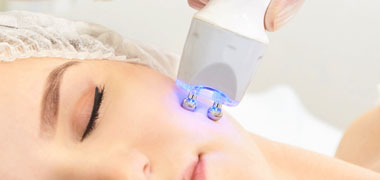
This role has a moderate level of AI exposure. AI can enhance efficiency for some tasks, but this job still relies on human skills and decision-making.
Explore all careersA Medical Scientist performs lab research and diagnostic tests to aid in disease diagnosis and treatment, collaborating with healthcare professionals.
Get qualified to work as a Medical Scientist with a course recognised across Australia. Speak to a training provider to learn more.







Browse occupations related to Medical Scientist



If you are looking to advance your career in the healthcare sector, exploring the Medical Scientist courses in Melbourne is an excellent choice. Melbourne, known for its world-class education and healthcare facilities, offers a variety of opportunities for aspiring medical scientists. Holding a relevant qualification can significantly boost your chances of success in this field. A notable course available for experienced learners is the Bachelor of Biomedical Science, which equips you with the knowledge and skills needed in medical laboratories.
Enrolling in one of the Medical Scientist courses in Melbourne allows you to delve into a field that is both challenging and rewarding. With the growing demand for skilled professionals in various healthcare settings, graduates are well-positioned for diverse roles. This includes opportunities not just as medical scientists but also in related positions such as a Medical Laboratory Technician or a Pathology Assistant. These roles are instrumental in supporting the medical research and diagnostic processes within hospitals and laboratories.
A career as a medical scientist involves engaging with advanced technology and innovative practices, making it an exciting option for those with a passion for science and medicine. Completing medical scientist courses in Melbourne provides you with the foundational expertise necessary for various positions. You could find yourself working as a Pathology Collector or even a Phlebotomist, both of which play critical roles in patient care and laboratory operations.
The Medical Scientist field is not just limited to laboratory roles; numerous career pathways are available. By undertaking courses in Melbourne, learners gain valuable skills applicable to a range of healthcare environments. Potential job roles also include a Laboratory Attendant and a Laboratory Supervisor, each offering unique responsibilities that contribute to the effective functioning of healthcare services.
In conclusion, pursuing Medical Scientist courses in Melbourne opens doors to various career opportunities in the healthcare industry. With a robust educational framework, dedicated professionals can transition into roles such as a General Practitioner or other essential positions. For more information on courses and career paths, explore the comprehensive resources available at Courses.com.au.